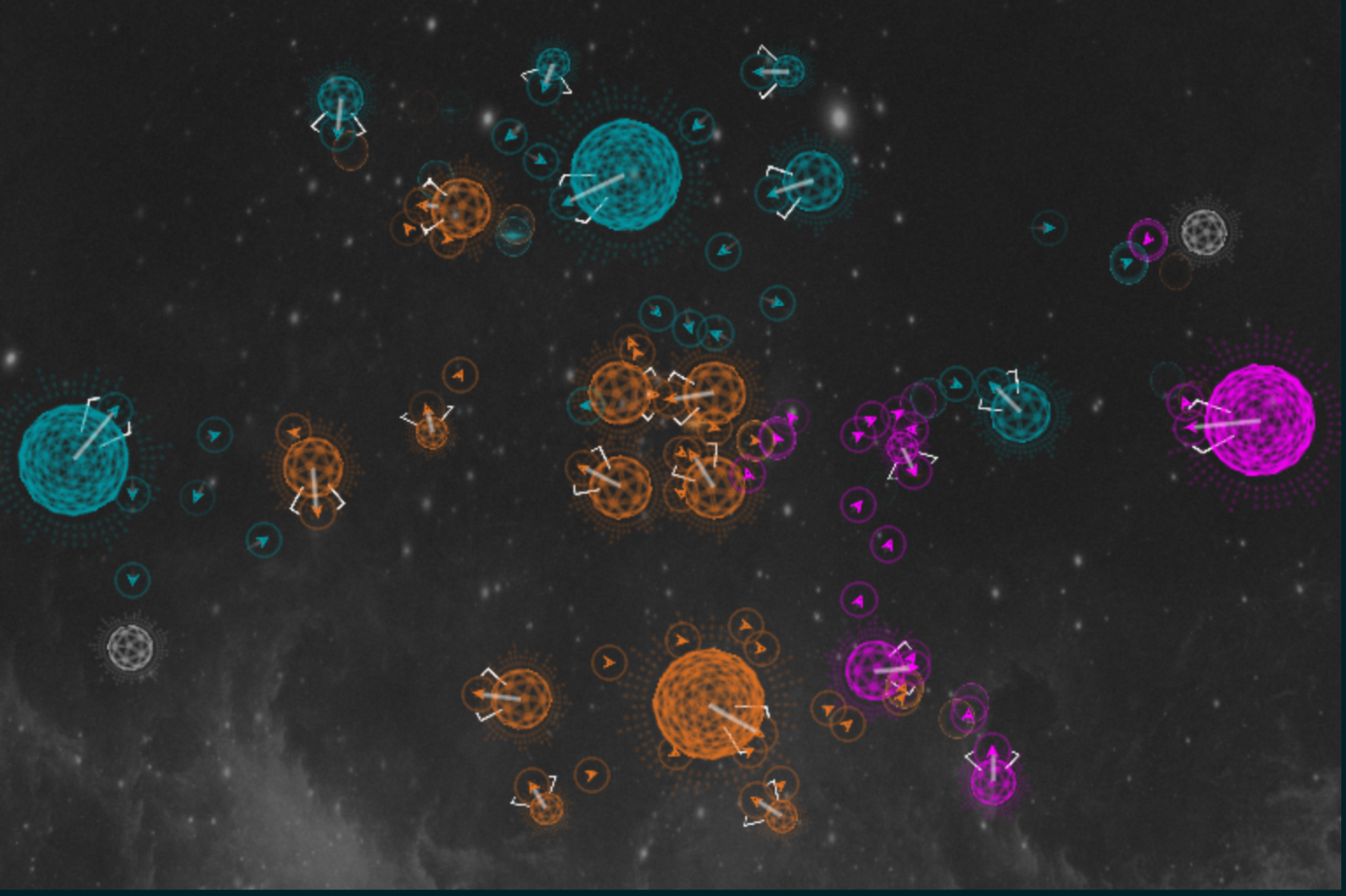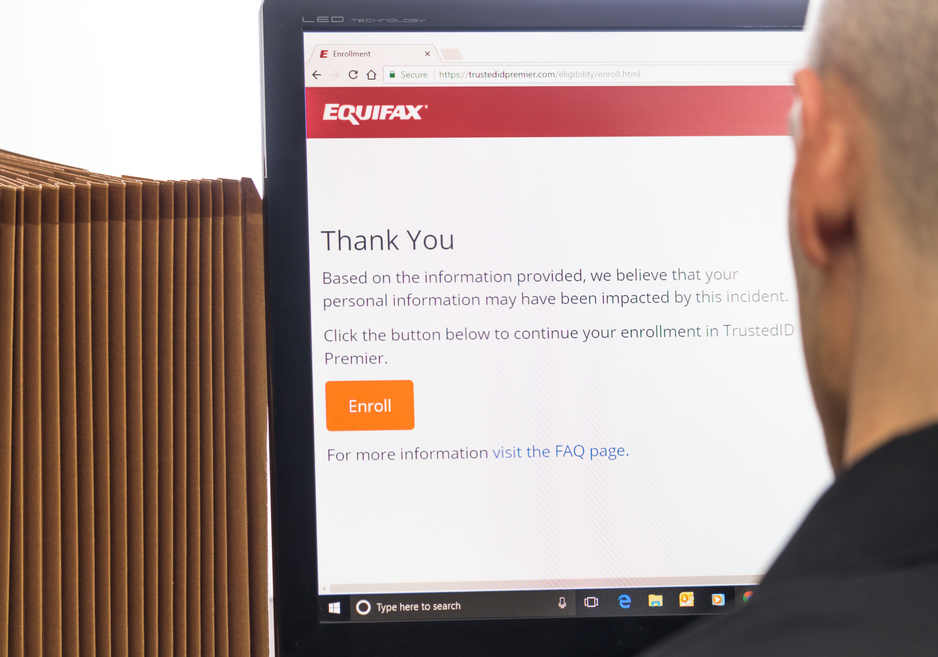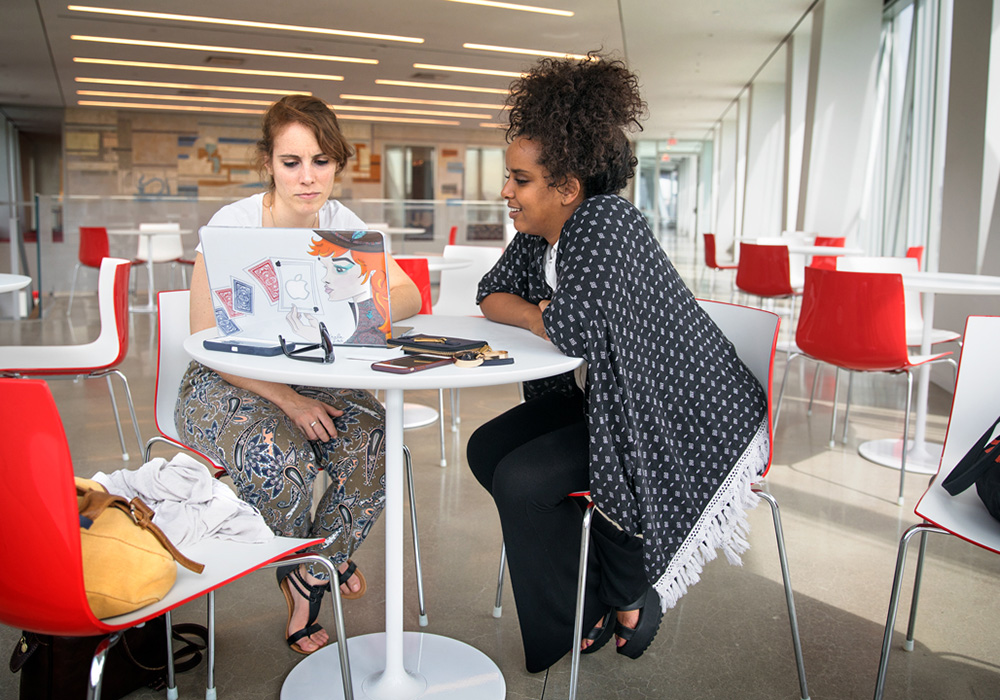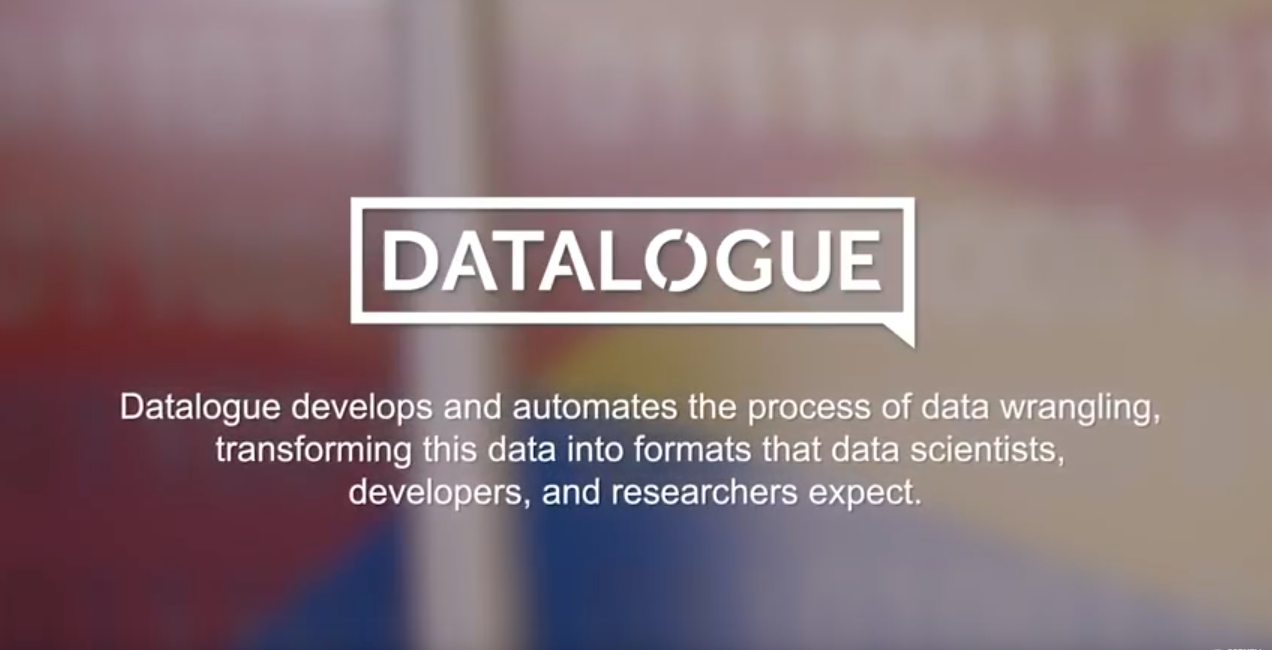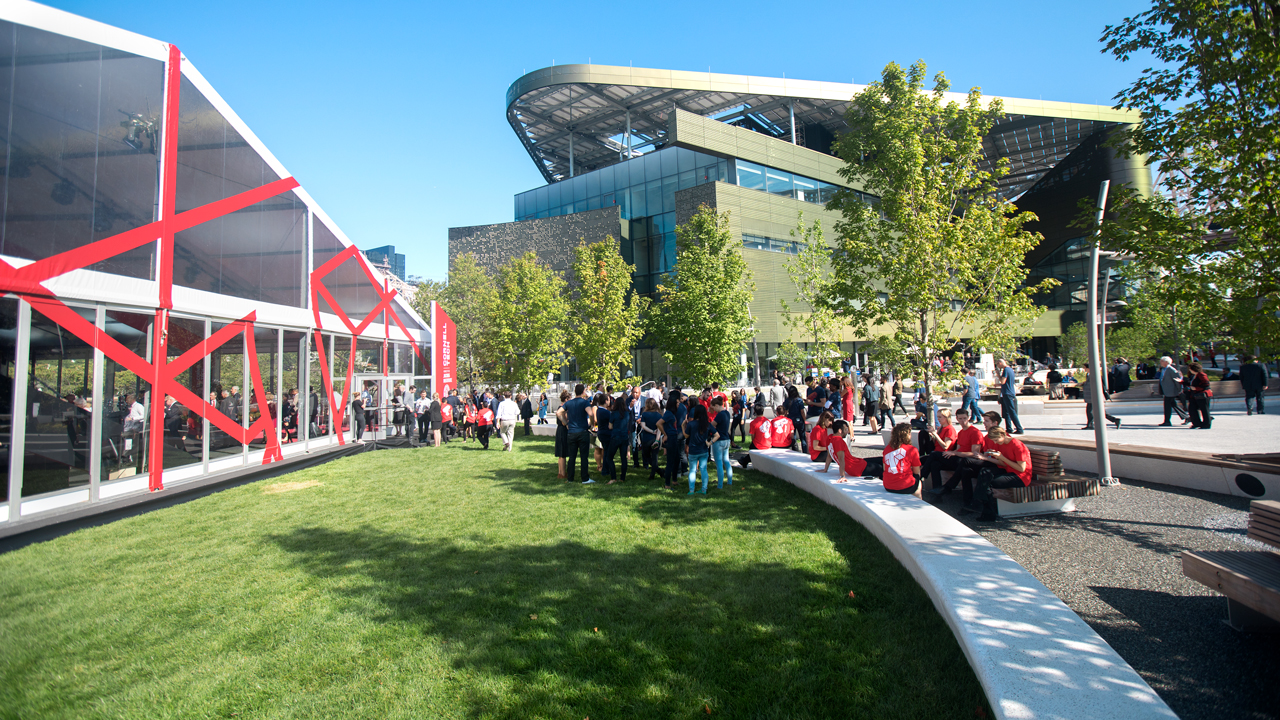October 23, 2017
Author: barreladmin
October 19, 2017
Cornell Launches Milstein Program in Technology and Humanity
October 17, 2017
3 Cornell Tech Innovations to Prevent a Future Equifax-like Breach
October 11, 2017
Mayor De Blasio, Cornell Tech and CUNY Launch ‘Winternship’
October 10, 2017
Alumni Startup: Datalogue
September 27, 2017
5 Highlights from the Tech MBA Summer Semester in Ithaca
September 18, 2017
